Where Science Meets Cinema: A Woman’s Dedication to Film Preservation
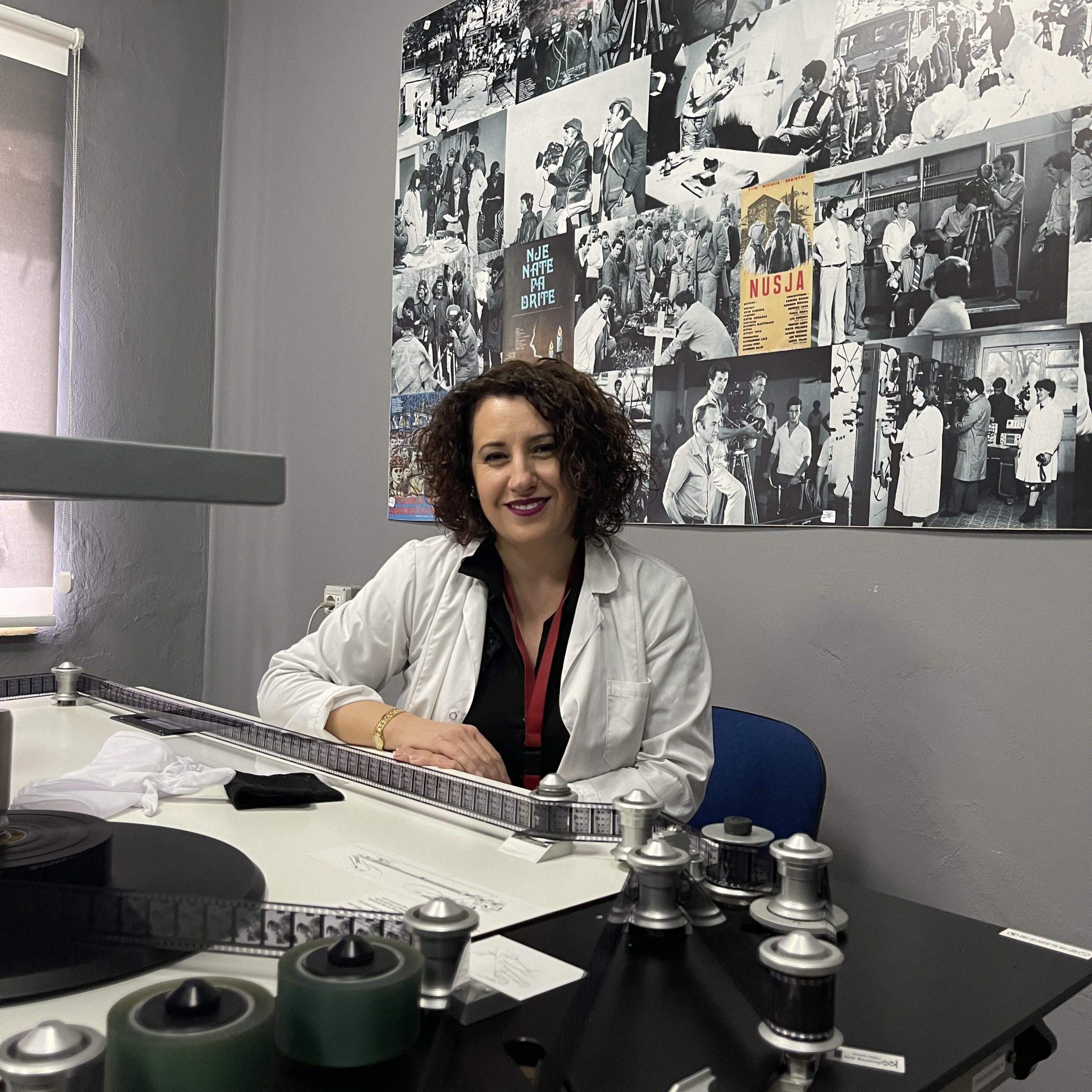
International Day of Women and Girls in Science is an opportunity to acknowledge and celebrate the incredible contributions of women scientists. Gender equality in science is crucial for building a better future for all, ensuring that talent and innovation are not limited by gender. While many scientific fields in Albania still face gender barriers and biases, the National Film Archive stands out as a place where women use science to play a leading role in preserving the country’s cinematic history. Hermelinda is one such example, having dedicated nearly 20 years of her life to preserving Albania’s cinematic treasures through her work at the National Film Archive.
“Growing up, chemistry was always my biggest passion, even though it didn’t seem to offer many opportunities at the time. After graduating with a degree in chemical engineering, I expected to find myself working in a factory. That was until I discovered the National Film Archive, where I was instantly captivated by the art of film preservation,” says Hermelinda.
She eventually found herself in a profession she had never imagined but one that perfectly combined her passion for science with a deep love for culture. The National Film Archive is a State institution, part of the former Kinostudio, which safeguards a priceless collection of films dating back to the 1920s. Over time, this institution has increased its influence and expanded its reach. Thanks to the funding through the EU4Culture programme, the institution has acquired cutting-edge technological equipment to enhance the preservation and restoration of Albanian films.
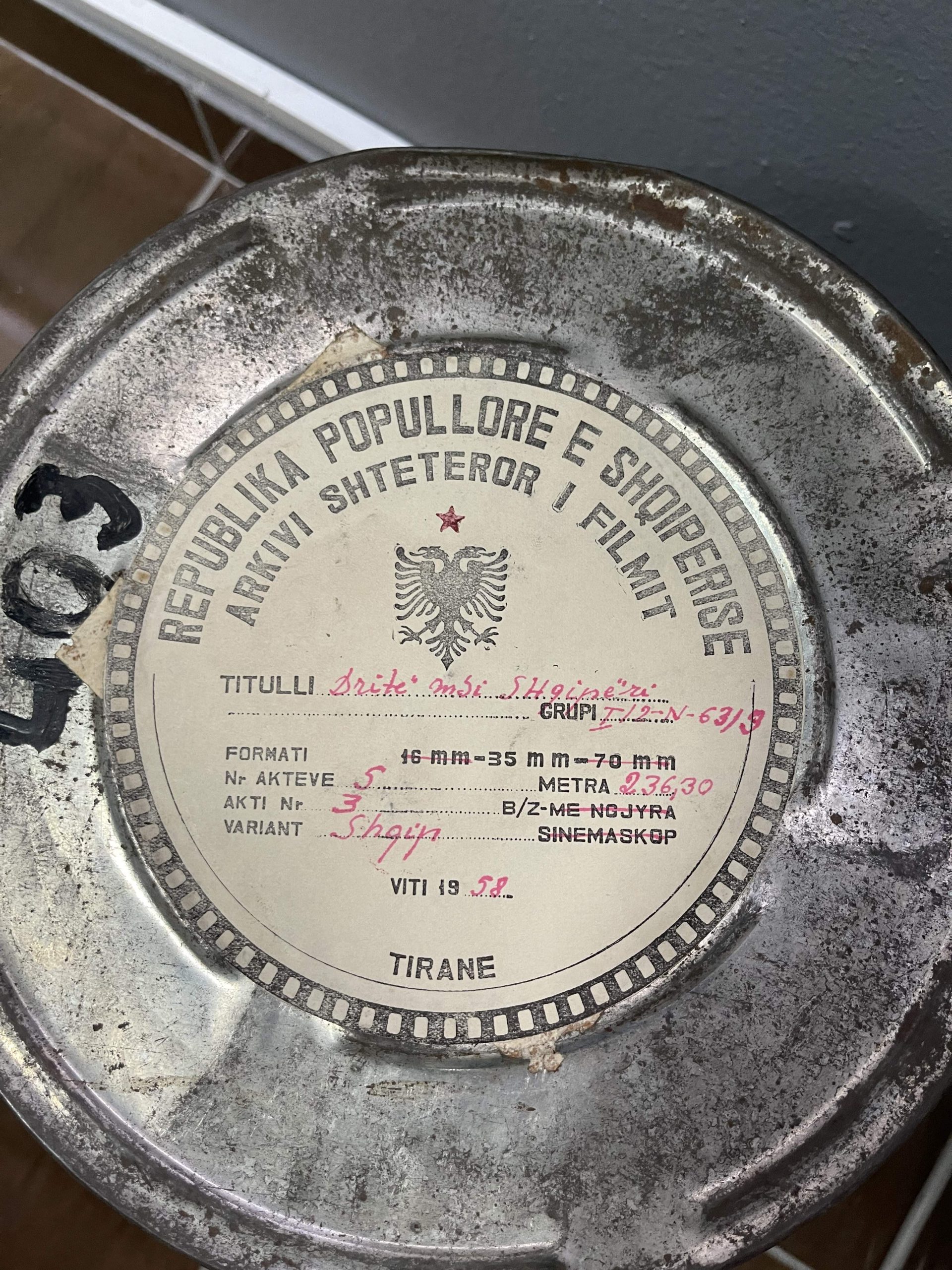
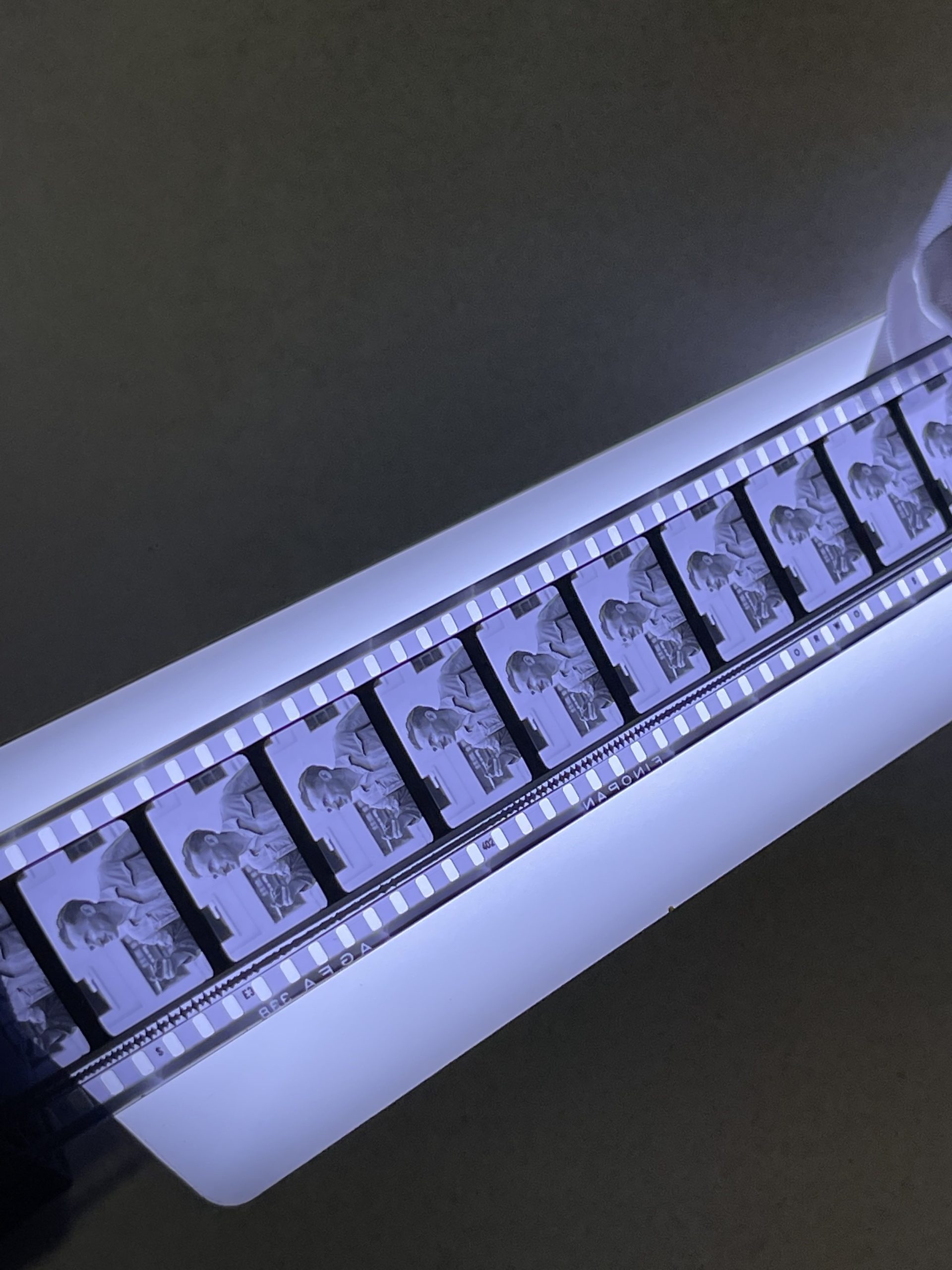
Hermelinda’s journey wasn’t immediate as she started from the basics, gradually learning the intricacies of films, their delicate composition, and the importance of every reel stored in the archive. Through time, she became an essential part of preserving Albania’s cinematic heritage. Hermelinda’s daily work revolves around maintaining 35mm film reels, conducting thorough physico-chemical analyses, and monitoring humidity and temperature in order to prevent the deterioration of movies. Moreover, she inspects and analyzes film reels, selecting, cataloging, and scheduling them for restoration while carefully checking their acidity levels. Unlike many other professions, mistakes are not an option when working with the preservation of unique pieces of art, as the materials involved are often irreplaceable. Hermelinda recognises the importance and challenges of her work, understanding that it demands meticulous attention to detail and a strong commitment.
Despite her passion, Hermelinda expresses that her job has not always been easy.
“The job comes with its challenges—film archives worldwide are expensive to maintain, and Albania’s only film archive faces financial and bureaucratic hurdles. That’s why the support from UNOPS has been a game-changer. This investment under the EU4Culture programme is the largest ever made in the institution’s history,” she says excitedly.
With funding from the EU, the archive acquired state-of-the-art film digitization equipment, including a film control table, a film video projector, and a high-tech film-cleaning machine. These tools have revolutionized the preservation process. The new equipment allows for precise film tension measurement, reducing the need for manual calculations and risky repeated screenings.
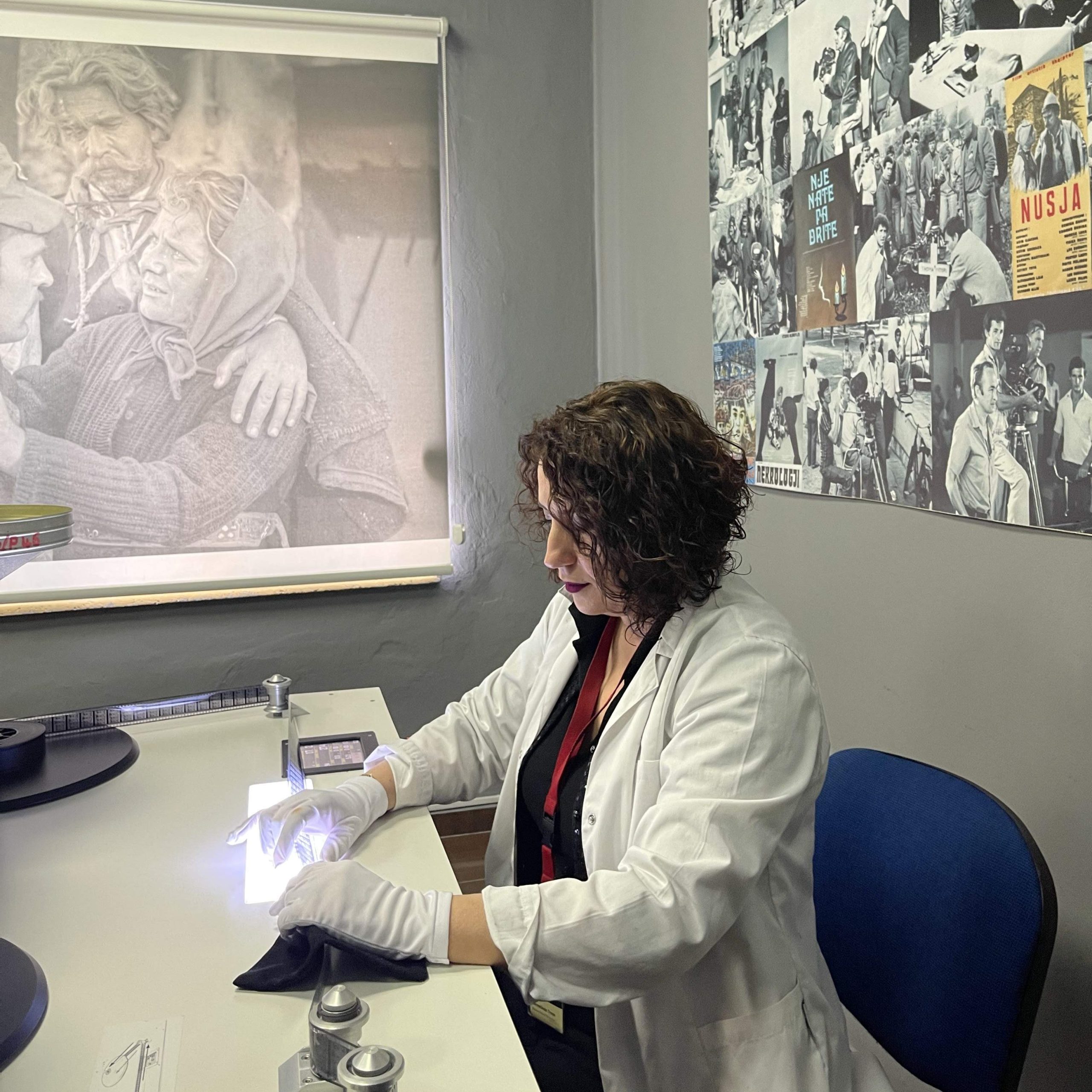
Ing. Hermelinda Troqe, specialist of film preservation at the National Film Archive
“Before, we had to project the films multiple times just to check their condition, which often caused damage. Now, we can assess them safely and accurately. I was counting the days until the equipment arrived,” she shares.
Digitization has not only improved preservation efforts but has also expanded public access to Albania’s film heritage. “Many Albanians didn’t even know these films exist. Digitization allows us to share our cinematic history with new generations,” says Hermelinda.
“I’ve seen people cry watching these restored films. They recognise their grandparents, their childhood homes, and moments they thought were forever lost,” she shares. For children, these films offer a way to connect with the past in a deeply personal way. “It’s about understanding where we come from, seeing familiar places in a different time, and appreciating the stories that shaped our history,” she emphasises.
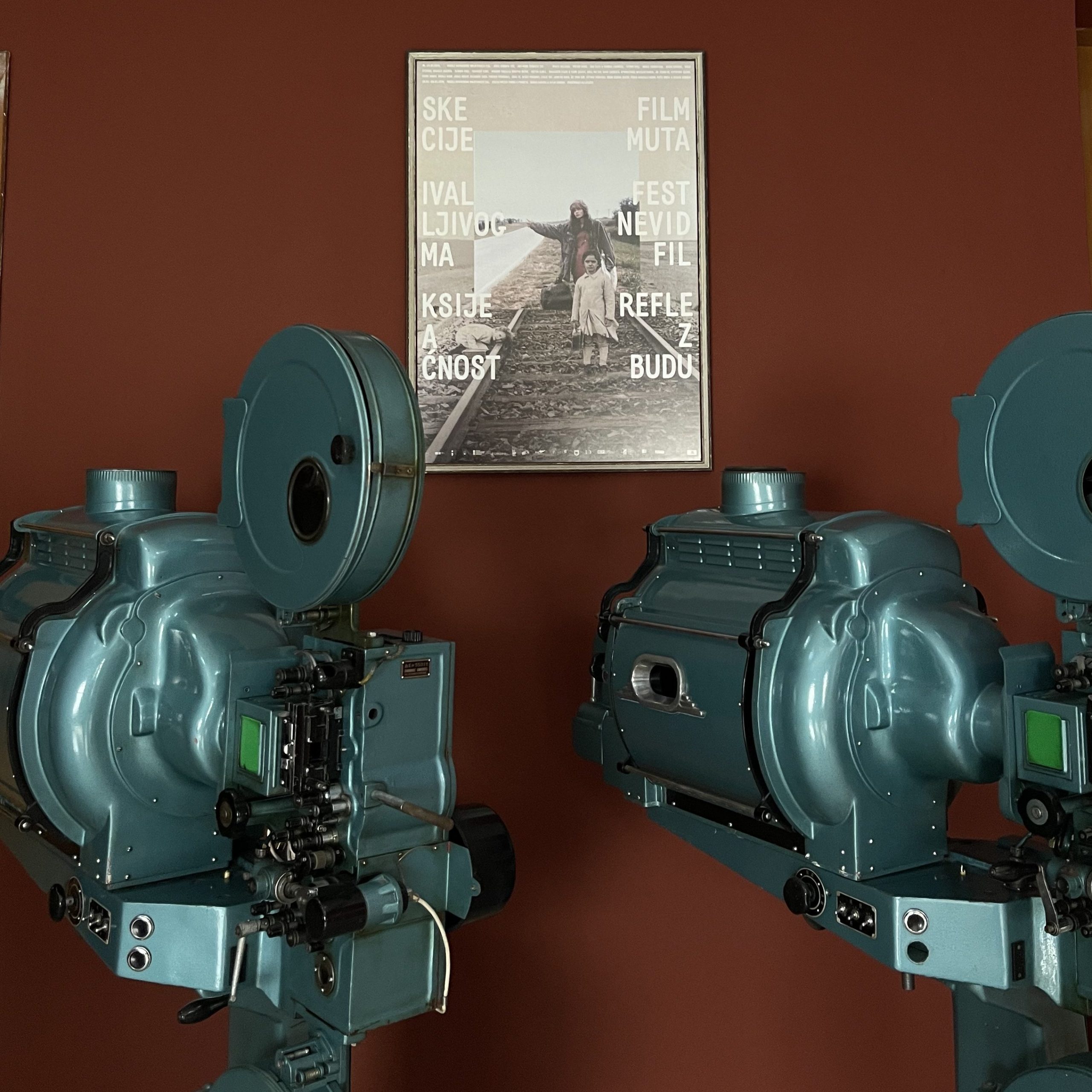
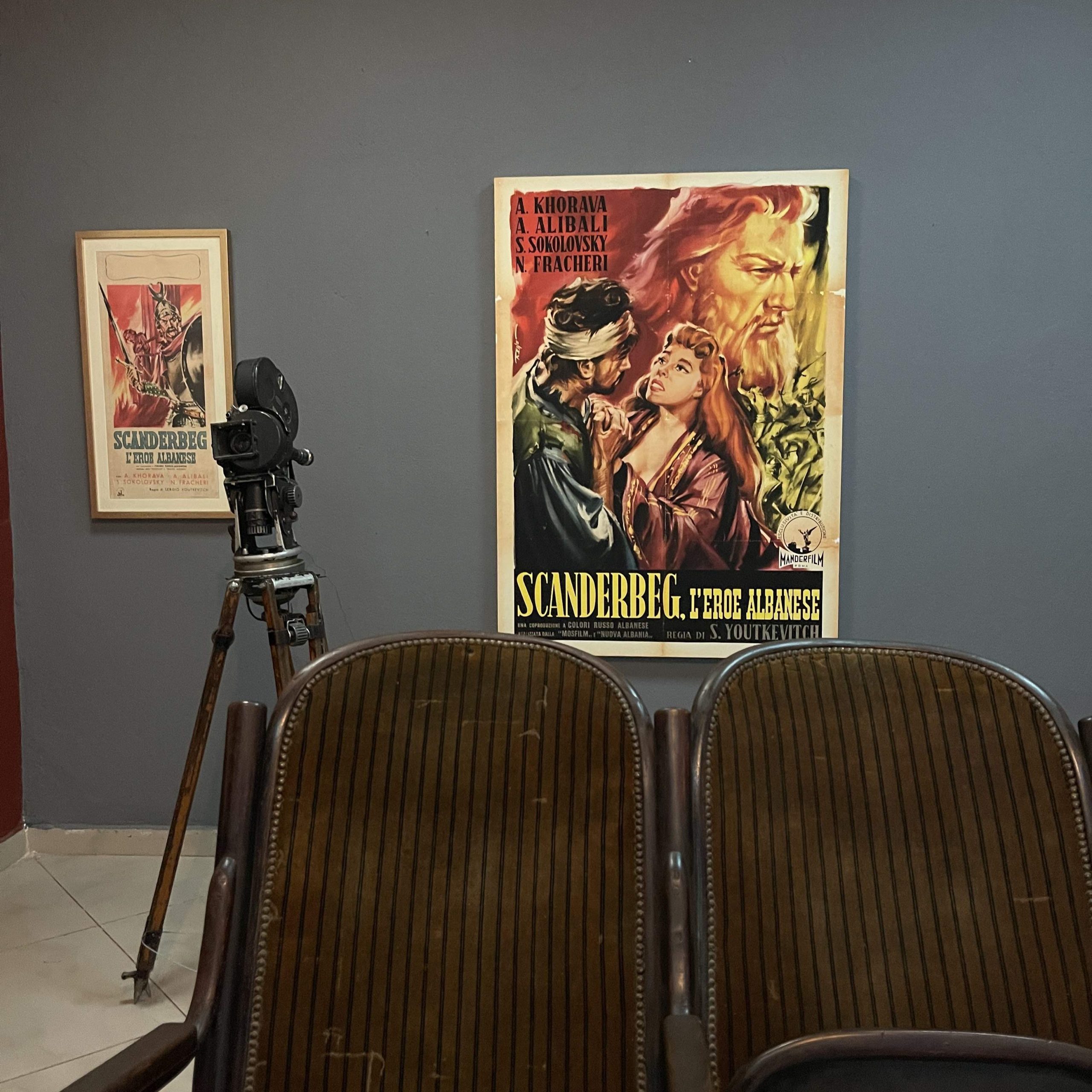
The former Kinostudio has been a place where gender equality is upheld as women have played key roles in the industry, both behind and in front of the camera. Within the archive, women continue to lead in preservation efforts.
“This profession is rare, but I hope more young people, especially women, see its importance. We are safeguarding the memory of our nation,” says Hermelinda.
Her story is not just about film restoration, it’s about dedication, passion, and the vital role of preserving cultural heritage. “We are not just conserving old films. We are keeping stories alive,” she concludes. And with the continued support of programmes such as EU4Culture, funded by the EU, the legacy of Albania’s cinematic treasures will endure for generations to come.



